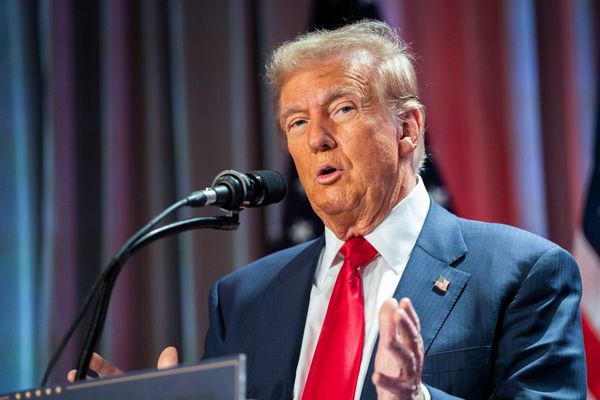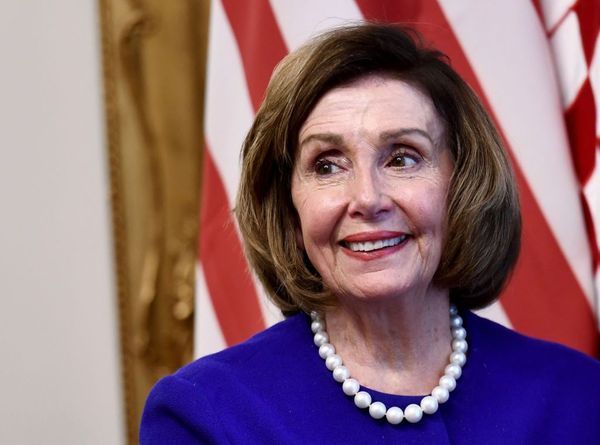
Labor’s first budget in nearly a decade will be handed down tonight. Journalists — including a team from Crikey — will get an early look at the budget papers after lunch, locked inside Parliament House where using mobile phones and the internet won’t be allowed.
Only when the treasurer begins his budget speech will the reporters be let out to tell Australians what they gleaned from the documents.
But plenty has already been revealed about what will be in Jim Chalmers’ budget. Here’s a look at what we know so far.
The economy
Australia’s gross domestic product is expected to grow by 3.25% this financial year, before plummeting to 1.5% in the following one. That’s down from the previous government’s March projection of 3.5%, followed by 2.5%.
Inflation is expected to hit 3.5% in the 2023-24 financial year, rather than the 2.75% previously projected. Unemployment is projected to be 4.5%, rather than the 3.75% expected previously.
The budget will predict a slowdown in China, the US and the UK.
However, the budget bottom line will improve, Prime Minister Anthony Albanese vowed this morning: “You’ll see that because we have been diligent and gone through line by line to make sure that this budget makes sensible investments, but also that it removes some of the waste that was there from the former government.”
Families
Labor has said it will increase paid parental leave on a staggered basis, eventually hitting 26 weeks. From the current 20 weeks — including 18 weeks for primary caregivers and two for partners — the government plans to add two weeks a year, beginning in July 2024. Parents will also be able to split the leave equitably between both partners.
The government also wants to make childcare cheaper, increasing the maximum subsidy rate to 90% for families up to $80,000. Subsidy rates would increase for all families with a child in care earning less than $530,000 in total a year.
“The priority will be on measures that boost the economy, that boost productivity. Cheaper childcare does just that. So does paid parental leave,” Albanese said.
Aged care
Labor has said it will put aside $2.5 billion towards implementing reforms recommended by the royal commission into aged care, including ensuring aged care homes have a registered nurse on duty at all times.
Pension costs have been forecast to add $33 billion to government spending over the next four years.
The environment
The government has flagged a $588 million plan to hire an emergency workforce to speed up payments to victims of natural disasters. The near-constant emergencies of the past few years, including floods in parts of NSW and Victoria, have exposed bottlenecks that the government hopes will be cleared by an increase of thousands of Services Australia employees.
The government has also asked Treasury to model the effect of climate change on the economy, which will be reflected in the budget. And it’s introduced legislation for a disaster fund worth $200 million a year to help move money towards mitigation projects such as erecting flood levees and evacuation centres.
Foreign affairs and defence
Foreign aid will be boosted by $1 billion over 10 years, including more money for projects in South-East Asia and the Pacific.
Defence spending is expected to grow from the projected level of 2.11% of GDP over the medium term.
Infrastructure
The government has said it will allocate $9.66 billion for infrastructure projects across the country, including $1 billion for NSW, $1.5 billion for Queensland, and nearly $2.6 billion for Victoria. That will fund road and highway upgrades, and a suburban rail loop in Victoria.
The budget will also include a $2.4 billion equity investment in the NBN over four years, which is supposed to expand full-fibre access to 1.5 million premises by 2025. As Crikey has reported, the network boost could help Australian internet speeds crawl up from their current spot in the global ranking, 71, to the world’s top 30.
Tax
After some waffling, the government is set to go ahead with stage three tax cuts that are projected to cost $254 billion over a decade. But Labor has also said it will move to make sure multinational corporations pay more tax, hoping to rake in an extra $1.9 billion over four years from next financial year.
The opposition’s take
Angus Taylor, the Coalition’s Treasury spokesman, said the government had made “a lot of promises” at the election but he had little hope it would be able to deliver.
“So far, I have to say, what we’ve seen has been disappointing,” he said. “So far, what we’ve seen is that in the budget there will be a deteriorating jobs market, a deteriorating economy, a deteriorating deficit, no material gains in real wages in this term of government. And we know Labor is walking away from their promise to reduce electricity bills.”
Deputy Liberal Leader Sussan Ley said: “I’ll be in the lock-up poring over the details of the budget looking, particularly, at what’s happening in rural and regional Australia. Remember that the Building Better Regions Fund has been basically cancelled by this government.
“Well, we will have a budget reply. Peter Dutton will deliver that on Thursday night. So let’s get through the budget tonight.”







